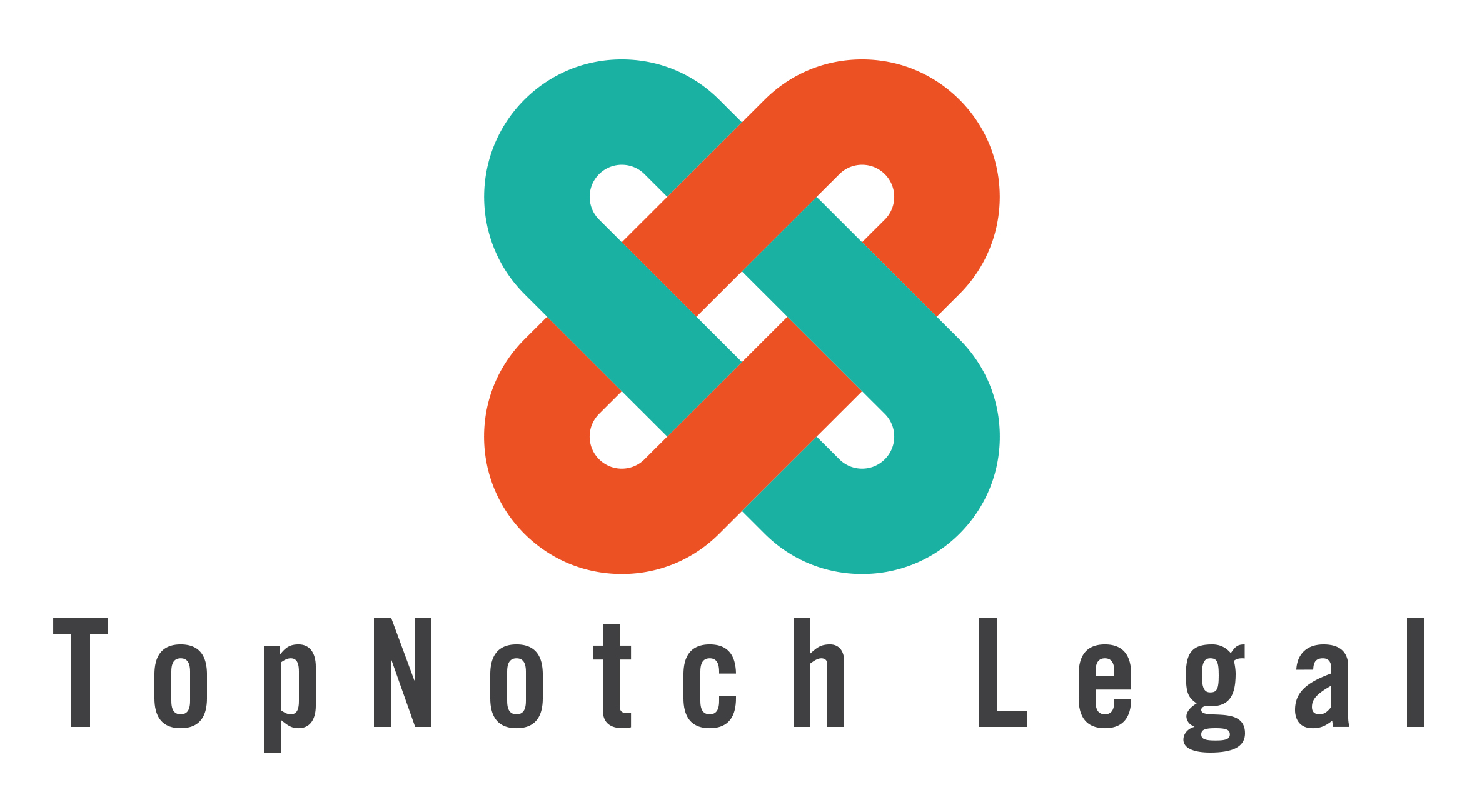Shareholders/Unitholders Agreements and Buy/Sell Agreements
Exit plans – Buy/Sell agreements
There are numerous reasons why someone exits or leaves a business. It could be as simple as a wish to retire, the desire to leave and start a new enterprise or death following a heart
attack. In this article we are speaking about owner-operated businesses. If the departure is not planned, then it can leave the remaining ‘partners’ reeling. Take a scenario where one of three business partners dies suddenly with no exit plans in place. Say, the departing partner was the operations manager. Who will take over his/her role? What can you do if that partner’s beneficiary or spouse wants to come into the business and take on that role? What if the remaining business partners believe this spouse/partner to be
incompetent or untrustworthy or simply don’t like this person.


Usually a partnership agreement will set out what is to happen on any partner departing the business but this is not the case with a company or unit trust structure. In these situations, you need to make a separate agreement dealing with these issues.
In the case of a company, it is known as a shareholders’ agreement. Under this agreement all the shareholders agree on issues such as having to offer the shares back to the remaining shareholders before they may offer them to external third parties. The agreement will set out how the shares are to be valued, what is to happen if any shareholder rejects the offer to buy the departing shareholder’s shares and how the sale price is to be paid to the departing shareholder. It will have provisions dealing with approving any external third party who may buy the departing shareholder’s shares.
You may also include provisions setting out what each of the shareholders is to contribute to the running of the business and what conduct you consider should be treated as misconduct or a default. Really, anything about the relationship between the shareholders can be included in this agreement, although the purpose of this article is to address how shareholders may exit the business. A similar agreement can be, and, should be, made between unit holders of a unit trust. Another issue you should consider is where the funds will come from to buy out the shareholder, partner or unit holder who is departing or has suffered an event such as death or permanent disability. If you are concerned that the funds will not be available in the business, then the purchase monies can be funded through an arrangement combining an insurance plan and a ‘buy/sell’ agreement.

The insurance is often known as keyman or keyperson insurance. It insures persons you select as key to the operations of the business and covers specific events such as death and permanent disability. It may also include trauma which are events that a person may or may not overcome. Common examples are stroke, depression or heart attack. The costs of insurance are not prohibitive as the insurance can be structured to ensure it is a deductible expense. As we mentioned, you will also need a buy/sell agreement between the business partners/shareholders/unit holders. This agreement will provide a method for valuing the
business, how much of that value you wish to insure for, the type of events each partner is to insure for and how the funds are to be distributed. These are areas which can lead to nasty disputes if not pre=agreed.
The Buy/Sell agreement must also work in with the shareholders’/unit holder’s agreement to ensure there are no inconsistencies. However, the buy/sell agreement deals only with insurable events covered by the keyperson insurance whereas a shareholders’/unit holders’ or partnership agreement should deal also with voluntary departure as well numerous other matters which we refer to on our page dealing with business structures. Moreover, as we mentioned above, it is often the case that a substantial part of funding the keyperson insurance can be offset by taxation deductions. if you want help in considering how best to plan your departure from your business, give us a call. We will be happy to discuss it with you. Our initial consultation is free.
Why TopNotch Legal
- We will work with you to make sure that if a partner leaves the business for any reason the disruption is minimal and the outcomes fair to all – as much as is possible.
- We will tailor the agreement i.e. the (partnership, shareholders or unitholders agreement) to meet your particular unique needs.
Got Questions?
Please feel free to reach out to our team at Topnotch Legal and we will provide you with the best solution.
